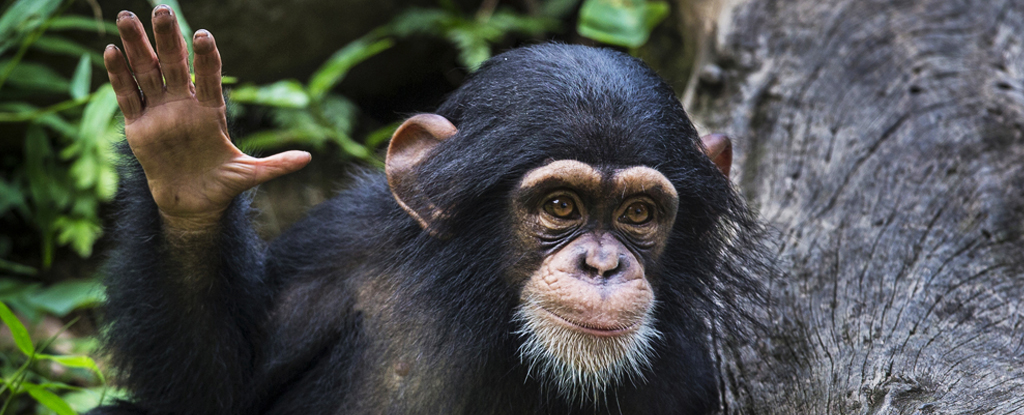Sustainability, Vol. 16, Pages 4448: Review: Goat and Sheep Meat Production in Indonesia
Sustainability doi: 10.3390/su16114448
Authors: Rio Olympias Sujarwanta Ulil Afidah Edi Suryanto Rusman Endy Triyannanto Louwrens Christiaan Hoffman
This review describes the production systems and products pertaining to goats and sheep (GS) in Indonesia. These small ruminant species are found across 38 provinces in Indonesia. Almost 99% of the GS are farmed by smallholders, with the animals either being housed in an enclosure (small shed near the farmer’s house) or in a mix of both grazing and confinement. The livestock are typically fed natural and/or artificial feed. Two sheep types, thin-tailed and fat-tailed are the most popular with smallholder producers, while Bali, Etawah, Boerawa, Jawa Randu Kosta, and Gembrong are the dominant goat breeds. As one of the biggest Muslim countries in the world, Indonesian production and consumption of GS is influenced by culture and religious systems. The Halal slaughter method applied is described, as are the religious/cultural festivals in Indonesia, which have a significant relationship on the GS demand and consumption, such as Eid al-Adha and Aqiqah. The preparation, processing, and consumption of GS meat in Indonesia are strongly influenced by the use of spices, being part of the Moluccas archipelago, also known as the “Spice islands” with over 30,000 species of spices grown. Some traditional meats and meat processing technologies in Indonesia are presented to provide insight into how GS meat is processed. The main challenges in the processing of GS meat in Indonesia and some current research on the development of GS production are presented in this paper. Implications: Goat and sheep belong to the most widely consumed meats in the world after pork, poultry, and beef. There are some reasons why GS meat has become one of the more popular protein choices for many families, of which its low-fat levels are one. GS meat is also considered one of the only meats with minimal religious taboos in the world. For these reasons, GS meat is also favored by Indonesian people in the most populous Muslim-majority country. However, information regarding goat and sheep in Indonesia is still lacking. This review aims to provide information on the distribution of GS in Indonesia over 38 provinces, the breed types that grow there, their production, and Indonesian consumption behavior, highlighting the religious festivals that cause the highest demand for these meats. This review provides information to the stakeholders of goat and sheep production chains.

 2 months ago
21
2 months ago
21


